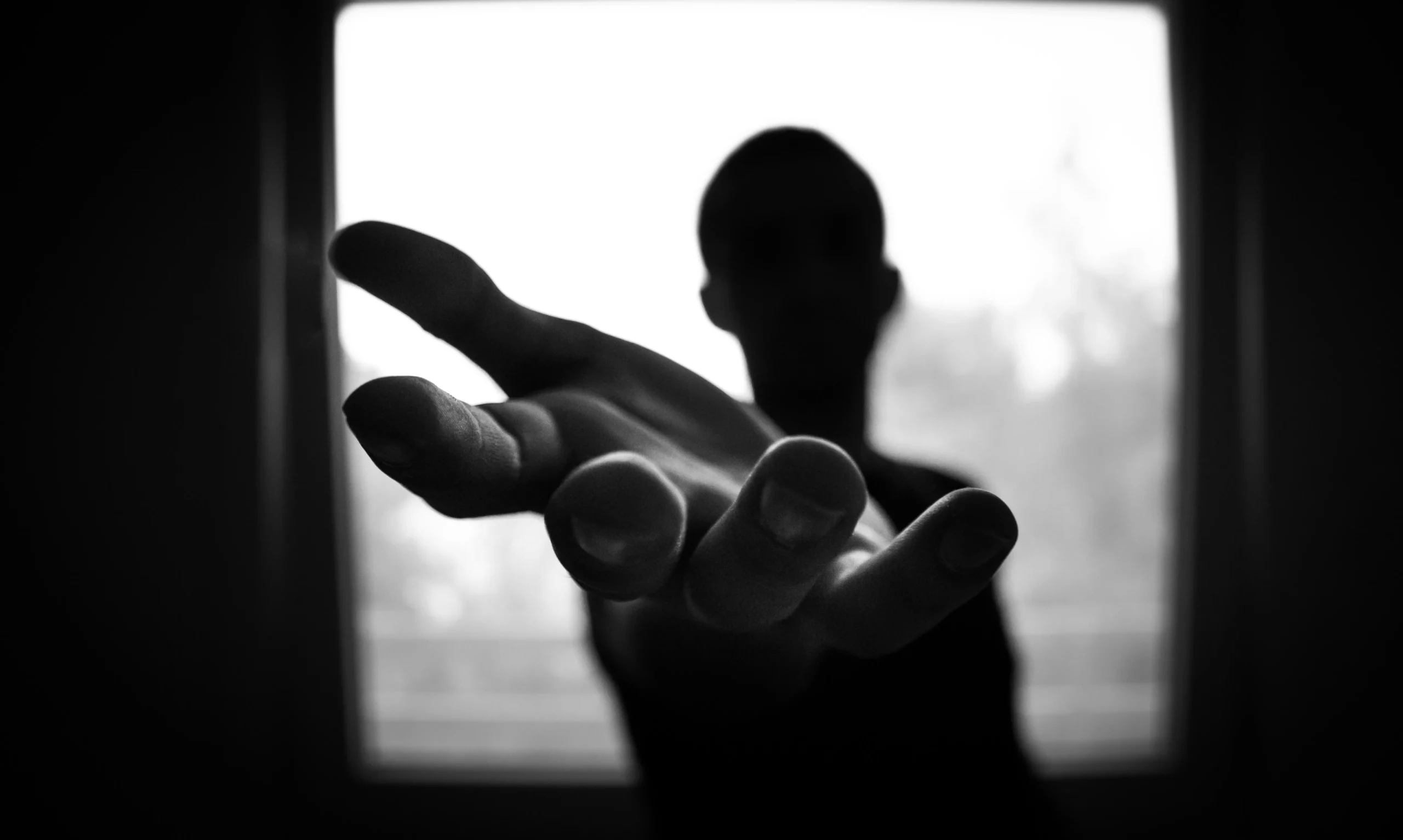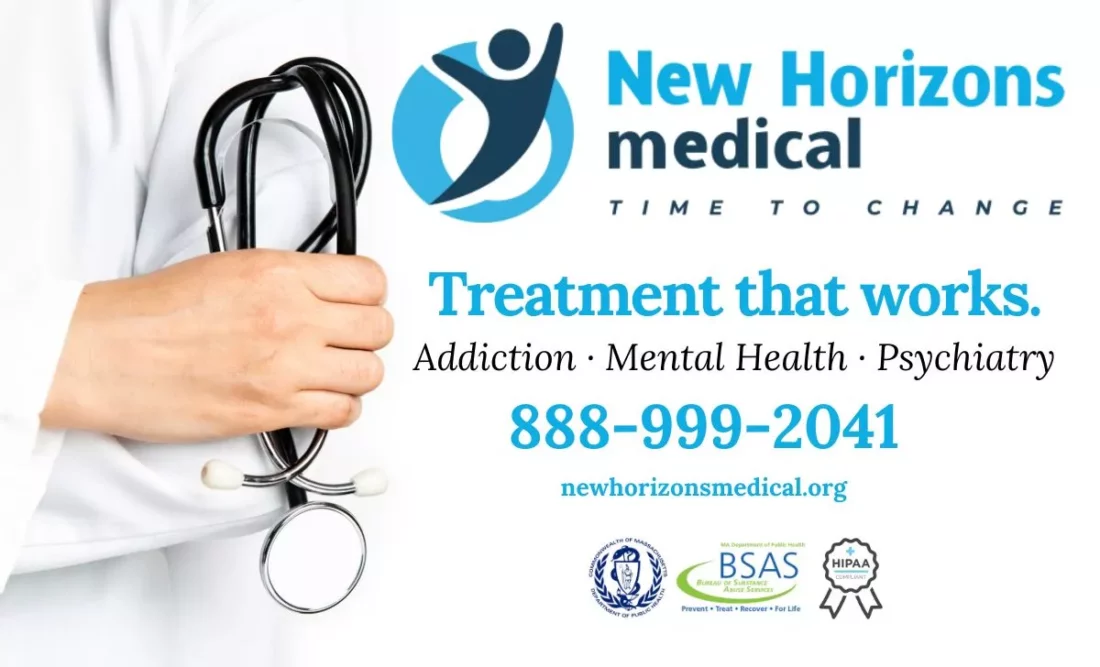
Drug cravings are intense desires or urges to use drugs that can be difficult to resist. They are a common symptom of addiction and can occur even after an individual has stopped using drugs for an extended period. Cravings can be triggered by a variety of factors, including environmental cues, stress, and emotional triggers.
Symptoms and cues
Symptoms of drug cravings may include:
- Persistent thoughts about using drugs or substances
- Intense urges to use drugs or substances
- Physical symptoms such as sweating, shaking, or nausea
- Difficulty concentrating or focusing on tasks
- Changes in mood such as irritability, anxiety, or depression
- Engaging in risky behaviors to obtain drugs or substances
- Withdrawal symptoms such as insomnia, restlessness, or muscle aches when trying to quit.
It is important to seek professional help and support when dealing with drug cravings and addiction as it can be a challenging and difficult process to overcome alone.

Environmental cues
Environmental cues are external stimuli that can trigger drug cravings, such as seeing drug paraphernalia (things that are used to produce or consume drugs) or being in a location associated with drug use. For example, seeing a needle or a crack pipe may trigger a craving in someone who has a history of using those drugs. Similarly, being in a place where drug use occurred in the past, such as a bar or a friend’s house, can also trigger cravings.
Stress
Stress is another significant trigger for drug cravings. When individuals experience stress, their brains release a hormone called cortisol, which can increase the desire to use drugs. This is because drugs can provide temporary relief from stress and anxiety.
Emotional triggers, such as feeling sad, angry, or bored, can also trigger drug cravings. For individuals with addiction, drugs can provide a temporary escape from negative emotions, and the desire to use drugs may be particularly strong during times of emotional distress.
Internal factors
Finally, drug cravings can be triggered by internal factors, such as physical withdrawal symptoms. When individuals stop using drugs, they may experience uncomfortable physical symptoms, such as nausea, tremors, or sweating. These symptoms can trigger a craving for drugs as a way to relieve the discomfort.
Overall, drug cravings are a complex phenomenon that can be triggered by a range of factors. Successful addiction treatment typically involves developing strategies to manage cravings and avoid triggers, as well as addressing the underlying issues that contribute to addiction.
How can you help someone going through drug cravings?
Helping someone with drug cravings can be challenging, but there are several things you can do to support them in their recovery:
Encourage them to seek professional help
Professional treatment can be an essential component of recovery. Encourage your loved one to seek help from a medical provider or a substance abuse treatment center. Ask them what medication or program they think they need.
New Horizons Medical provides medication assisted treatment with Suboxone, Sublocade, Vivitrol, and other psychiatry medications. We can help people to control opioid, alcohol, and other drug cravings while actively supporting them with professional addiction counseling services. We offer both in-person and telehealth appointments for most of our services.
New Horizons Medical Locations

Help them identify triggers
Triggers are situations or experiences that can lead to drug cravings. Help your loved one identify their triggers and develop strategies to manage them.
Encourage healthy habits
Encourage your loved one to engage in healthy habits like exercise, healthy eating, and stress management techniques. These habits can help reduce the intensity of drug cravings.
Be supportive and understanding
Recovery is a challenging process, and your loved one may experience setbacks along the way. Be supportive and understanding, and avoid judgment or criticism.
Help them build a support system
Encourage your loved one to connect with other people in recovery, attend support groups, and build a network of supportive friends and family members. Having a strong support system can be essential in recovery.
Learn more about supporting people in recovery
Words of encouragement
Recovery from addiction is a journey, and it may involve challenges and setbacks, but please know that you are not alone. There are many people who care about you and want to support you in your journey towards sobriety.
Remember to celebrate your victories, no matter how small they may seem. Each step you take towards recovery is important and should be recognized and celebrated.
If you experience setbacks or relapse, please don’t give up. Recovery is not a linear process, and it may take time to find the right treatment and support that works for you. Keep trying, keep fighting, and keep moving forward.
Always remember that you are strong, capable, and deserving of a happy and healthy life. You have the power to overcome addiction and build a bright future for yourself. Keep pushing forward, and know that there are people who believe in you and support you every step of the way.

